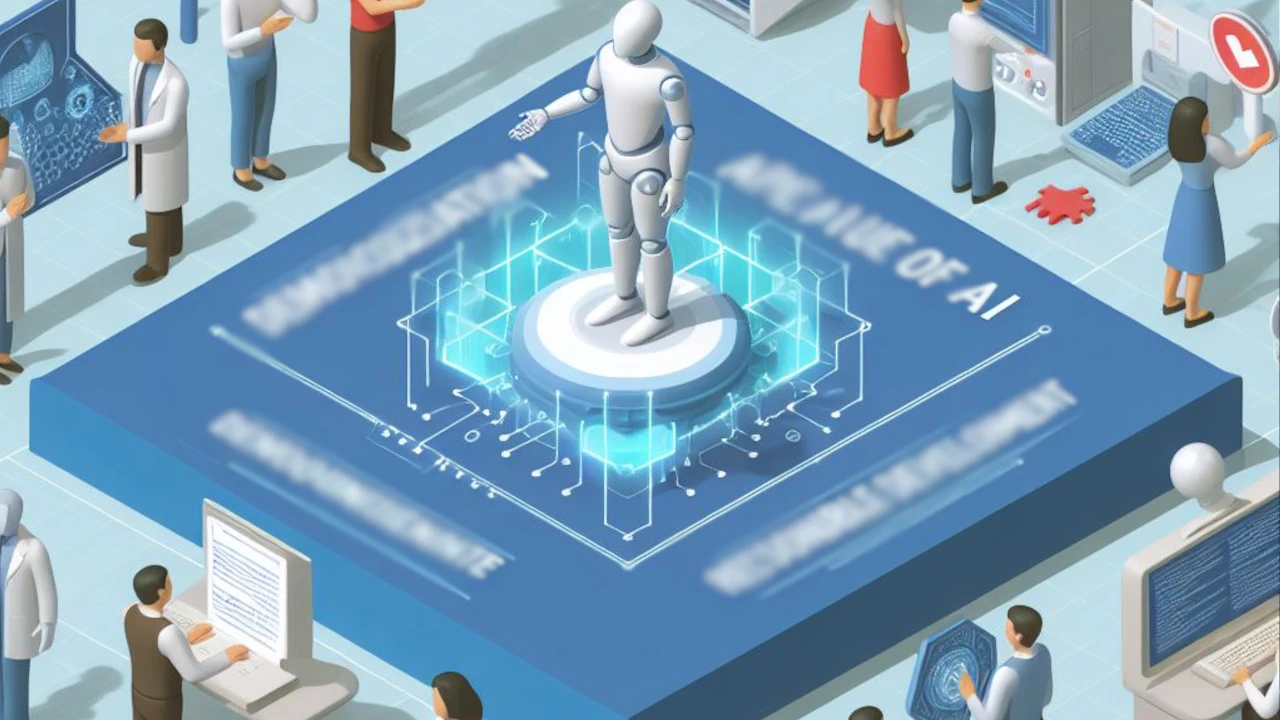Artificial Intelligence holds great promise in transforming our lives, but only if it’s accessible by all, not just a handful of tech giants. That’s the core tenet of democratizing AI, a principle we believe is vital in achieving the full potential of AI technologies. Our multi-part series delves deep into these issues and offers practical suggestions to bridge the gap.
The gap between policy makers, corporate interests, AI developers, and users hinders adoption. Developers, focused on high-end innovation, may overlook usability. Corporate interests and biases further complicate. Bridging this divide requires addressing technical, policy, and bias aspects for accessible AI.

